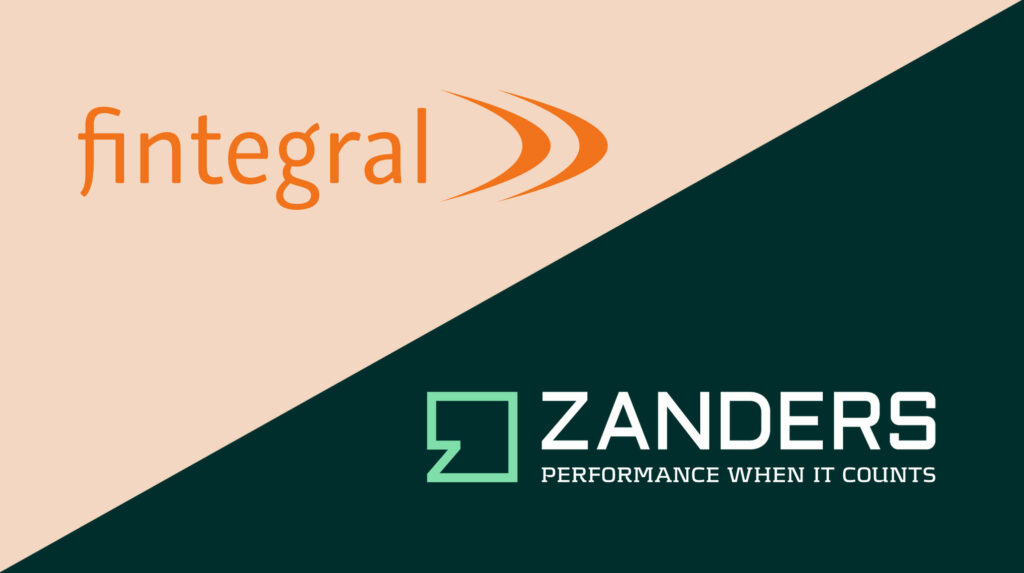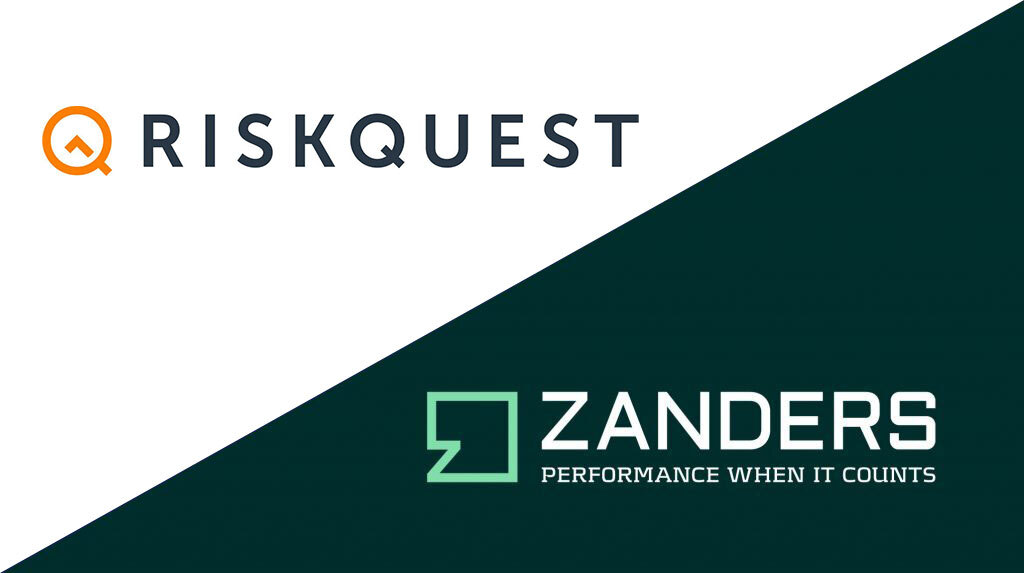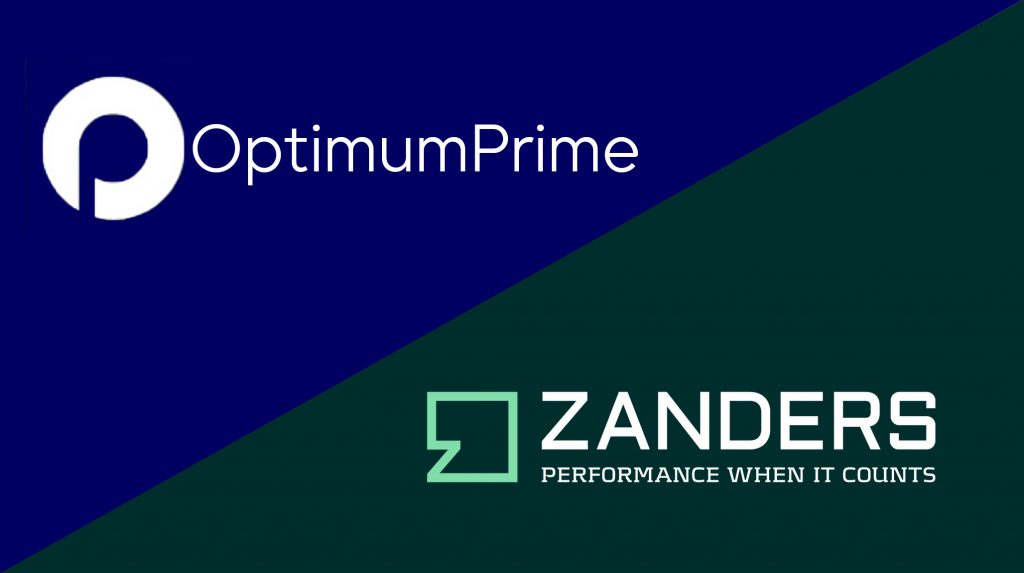JCI is the global leader and largest manufacturer of automotive batteries, powering nearly every type of passenger vehicle, heavy-duty and light commercial trucks, motorcycles, golf cars, lawn and garden tractors, and marine applications, and a leading provider of building technology, products, and solutions (building automation & controls, HVAC, refrigeration, fire, security, and integrated solutions). The multinational has USD 30 billion in sales and employs 120,000 employees spread over 2,000 locations on six continents. Building automation & controls, HVAC, refrigeration, fire, security, and integrated solutions are part of the Building Technologies & Security (BT&S) division and represent the majority of sales: USD 23 billion. The Power Solutions division has sales of USD 7 billion. One in three cars around the world is powered by a Johnson Controls battery. There are over one billion cars in circulation globally, and with a production of 150 million batteries a year, JCI is a world leader in this field.
Increasingly less automotive
Three years ago, JCI had a very different company profile. Its activities were divided into four divisions, including a very large Automotive division mainly focused on the interior of the vehicle. This division consisted of two parts: Automotive Seating, which manufactured car seats, and Automotive Interiors for the production of dashboards, floor and overhead consoles, and door panels. A fourth division, called Global Workplace Solutions, provided facility management services for third-party buildings. “We first divested Global Workplace Solutions by selling it to CB Richard Ellis. We subsequently contributed our Automotive Interiors division into a joint venture with Yanfeng, one of the largest automotive suppliers in China. Then the company decided to dispose of the entire Automotive division – including the stake in the Yanfeng joint venture – in a spin-off,” says Jean-Philippe De Waele, VP & Treasurer EMEA, responsible for the treasury activities in the EMEA region. “This division eventually became an autonomous publicly listed company called Adient.” But prior to completing the spin-off, JCI merged with Tyco, where JCI’s building automation & controls, HVAC, and refrigeration activities were combined with Tyco’s fire and security activities.
Automotive represented more than half of JCI’s revenue when the spin-off of Adient was announced in July 2015. The operational spin-off had to be realized in a very short time frame, with Adient becoming a fully independent unit under the JCI umbrella by July 1, 2016. All the teething problems had to be identified in a dry run period of several months in order to properly and efficiently execute the legal spin-off on October 31, 2016. After all, the entire Automotive division had to be completely disconnected in terms of processes, systems, and employees.
Systems and people
In a very short period of eight months, a brand new treasury department had to be set up from scratch to support Adient, a global organization with revenue of USD 17.5 billion. In the fall of 2015, JCI was looking for external consultants to assist with the treasury spin-off project. Jean-Philippe De Waele explains: “Because we knew we could never accomplish this without external help, I visited EuroFinance in Copenhagen looking to secure the right consultants. A large part of the treasury spin-off consisted of implementing a treasury management system for Adient. Given the time constraints, we therefore decided to copy JCI’s current treasury systems and processes to Adient. As Zanders successfully assisted JCI in 2010 with the initial implementation of our treasury management system, Quantum, it was a logical choice to reach out to Zanders for this part of the spin-off work as they were already familiar with the system, processes, and people.”
JCI first upgraded its current system from version 4.6 to 6.2 and then cloned it for Adient. Jean-Philippe De Waele: “It was a very intense project as we had to go live on July 1. As part of our global liquidity management and inter-company netting processes, we use a cross-currency notional cash pool at Bank Mendes Gans (BMG). A similar structure was set up for Adient, and Zanders assisted with its implementation.”
Zanders helped us to audit, streamline, and improve the back-office processes.
Jean-Philippe De Waele, VP & Treasurer EMEA

Merger
In January 2016, employees learned that JCI – for the part that did not continue as Adient – was going to merge with Tyco, a company that provides fire and security systems. The merger with Tyco took place on September 1, 2016 – two months before the spin-off of Adient came into effect. As a consequence of the merger, JCI had a new footprint of treasury centers around the world. Jean-Philippe De Waele explains: “The US treasury center of Tyco was located in Princeton, New Jersey, while we were based in Milwaukee, Wisconsin. In Asia, they were in Singapore, and we had offices in Hong Kong and Shanghai. In Europe, they were in Switzerland, while we had an establishment in Brussels. And while we were in Brazil, Tyco did not have an active presence in Latin America. It was clear that there had to be a rationalization in treasury centers. In the US, the office in Princeton was closed; in Asia, everything was concentrated in Shanghai, and in Europe, it was decided to keep Tyco’s treasury center operating as a satellite of Brussels.”
With the merger of the treasury centers in Brussels and Zürich, it was necessary to determine which processes would be conducted where. “Because Tyco had an established and operating back office in Zürich and our back office in Brussels operated post spin-off with temporary workers and Zanders consultants, we decided to centralize our back-office activities in Zürich. Zanders helped us to audit, streamline, and improve the back-office processes, and then we transferred those operations from Brussels to Zürich.”
Trade finance
When the transfer of the back-office activities and other treasury integration work were successfully completed, a new internal project started at JCI: the implementation of a new trade finance system. This project was also a result of the merger with Tyco. Jean-Philippe De Waele: “We have a fairly extensive portfolio of bank guarantees and letters of credit. We have about 8,000 bank guarantees outstanding, amounting to approximately USD 1.2 billion. We also have a large portfolio of parent guarantees. At JCI, we did not have a system in place while an old trade finance system existed at Tyco. The integration activities triggered us to think about what should be done in this area. Move from no system to the Tyco system? Or would it be better to switch to a brand new system? Zanders analyzed the Tyco system and compared it with the current needs of JCI, where Swift connectivity is extremely important. The conclusion of this audit was that the cost of upgrading Tyco’s legacy system would be about as high as the implementation of a brand new system. That is why we decided to implement a new system, GTC (Global Trade Corporation), in which all communications with banks occur via Swift. Zanders is assisting with the implementation and the onboarding of the various banks on GTC and Swift.” The project started in mid-September, and the first bank will go live in February 2018.
Decommissioning
With the merger, whereby Ireland-based Tyco International Plc acquired the US-based Johnson Controls, Inc., the new parent company (Johnson Controls International Plc) was incorporated in Ireland. “As all our derivatives trading is done in the name of the parent company, a lot of work was done in transferring our hedging activities – FX and commodities – from the old (Johnson Controls, Inc.) to the new (Johnson Controls International Plc) dealing entity, and Zanders supported us with this transfer,” says Jean-Philippe De Waele. “Tyco operated a very large in-house bank which we decommissioned. In addition, we dismantled Tyco’s notional cash pool and integrated it into our BMG cash pool structure. We transferred all Tyco’s hedging activities from its treasury management system (IT2) to Quantum, and all Tyco banks were on boarded on our AvantGard Trax system (Global Payment Factory) and Swift.”
Awards
The list of projects gives an indication of the extensiveness of the treasury operations at both companies. After the spin-off of Adient, Johnson Controls was a company with USD 20 billion in sales. Tyco was a company with sales of USD 10 billion, bringing total group sales to approximately USD 30 billion. As Jean-Philippe De Waele notes, “During the merger of two such large companies, there are significant integration efforts at all levels, including the treasury level.”
Looking back at the projects, Jean-Philippe De Waele is very satisfied. “The work accomplished for the Adient treasury spin-off was impressive,” he says. “This is also recognized outside of JCI. We obtained two awards for the work that we have done in this regard. One from CFO Magazine as ‘Best finance team - best treasury practices’, and one from Treasury Management International Magazine, for ‘Best Treasury Transformation’. In addition, we received several requests to share our experiences concerning this project - including ATEB, the Belgian Association of Corporate Treasurers and at the EuroFinance conference. Our practices have become a showcase for many people on how to best handle a spin-off and carve-out of a business division.
Future
Under Jean-Philippe De Waele’s stewardship, there are still a number of ongoing integration activities relating to banking and cash management that will continue over the next 12 months. “Zanders will remain onboard until an initial group of countries have become active on the new trade-finance platform. Meanwhile, we have completed the recruitment of our additional analysts, who will be managing our BMG cash pools.” We are never sure what the future will bring, notes Jean-Philippe De Waele. “The company has been very active in M&A and divestments over the past three years and publicly stated that it is focused on creating long-term shareholder value in the remix of its business portfolio. For example, as we were integrating Tyco, the company decided to sell part of its business (Scott Safety) to 3M, a US company. So who knows…”




































